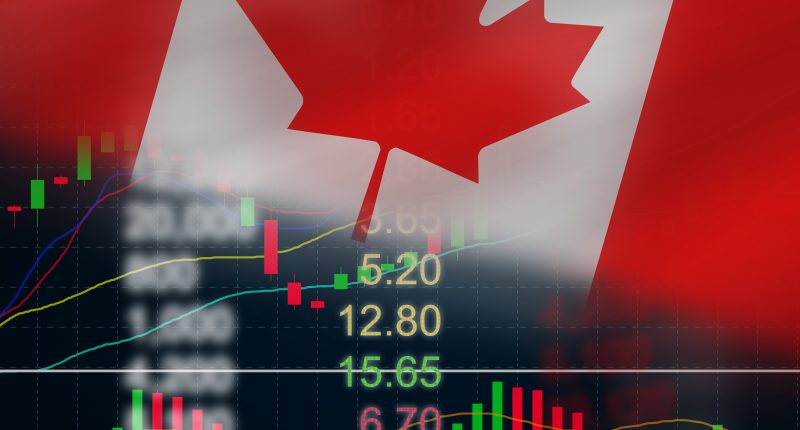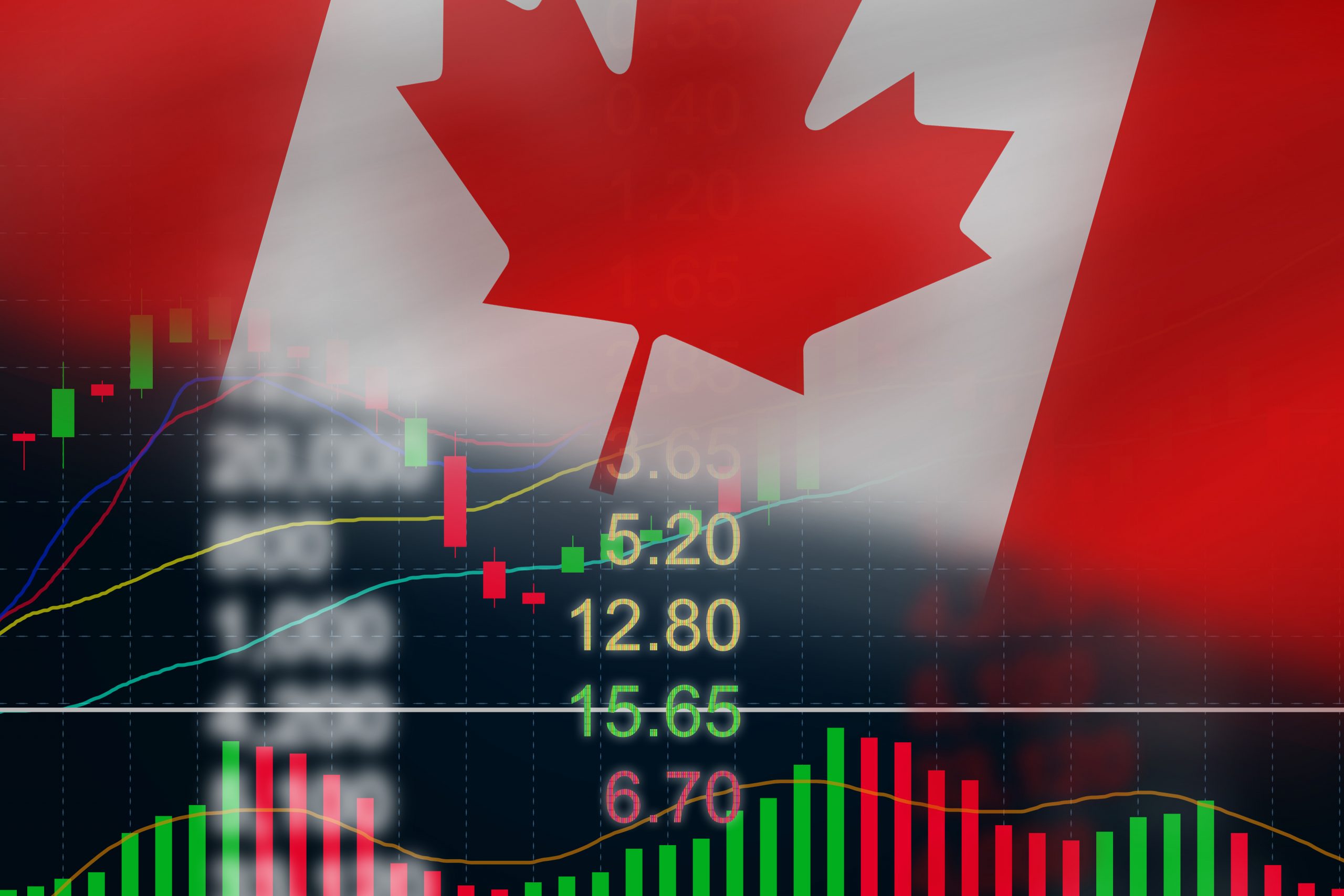It was a week of good news for Canada. In a week its soccer team qualified for the FIFA World Cup for the first time in 36 years since Mexico ’86, the S&P/TSX Composite Index had its best outing against the S&P 500 in a quarter in 13 years. S&P/TSX Composite Index gained 3.1 per cent, outclassing the S&P 500 by more than eight percentage points.
The energy sector led the charge with the energy index having its best quarter since 1988, shooting up 27 per cent. On the frontline were major corporates like Canadian Natural Resources Ltd. and Tourmaline Oil Corp, which had climbed more than 40 per cent.
Big mining companies like Teck Resources Ltd. and First Quantum Minerals Ltd. led materials stocks to rally to a 20 per cent gain.
Banks gave the fire cover with revving up on the hopes of bigger profits from higher interest rates.
There was no doubt that March lived up to its name for North American stocks, as they marched on to higher grounds with the TSX and S&P 500 rising by 3.6 per cent, the Dow rose by 2.3 per cent, and Nasdaq gaining 3.4 per cent.
However, the Toronto stock market showed more grit and a stronger shock absorber than American markets in the first quarter of 2022. American stock markets suffered their worst dip in two years with the S&P shedding 4.9 per cent, the Dow going down 4.6 per cent and Nasdaq in suffering a 7.9 per cent drop.
Energy and materials stocks have surged as the war in Ukraine sparked a rush to oil and to haven assets, propelling the natural resource-heavy TSX to fresh highs.
On Thursday, Canada’s main stock index hit a record high before going down just before the bell. Pessimism of investors over the war in Ukraine was the culprit.
Hopes of a peace deal in Ukraine buoyed the market early in the week but negative news emerging over the conflict seemed to have dampened hopes, leading to a fall in the market.
On Thursday, the S&P/TSX composite index lost 185.80 points to 21,890.16 as it dropped at the close after hitting a record high of 22,181.75 in earlier trading.
In New York, the Dow Jones industrial average was down 550.46 points at 34,678.35. The S&P 500 index was down 72.04 points at 4,530.41, while the Nasdaq composite was down 221.75 points at 14,220.52.
Following Thursday’s decree by Russia requiring foreign buyers of Russian gas to open rouble accounts in state-run Gazprombank from Friday or else risk being cut off, European capitals have been on alert for disruption to gas imports for weeks as Vladimir Putin seeks his pound of flesh over sanctions from the Western countries for the invasion of Ukraine.
However, the Kremlin said on Friday that it would not immediately turn off gas exports to Europe, as payments on deliveries due after April 1 come in the second half of this month and May. As the time draws near before bills are due, reports say that governments in Europe – which relies on Russia for more than a third of its gas supply – were talking to their energy companies about how to pay them.
As oil prices fall, the Canadian dollar did not move much against its American counterpart on Friday. The Canadian currency was nearly unchanged at 1.2494 to the greenback, or 80.04 U.S. cents, after trading in a range of 1.2481 to 1.2526.
In the US, there are reports that the Joe Biden administration may soon consider calls for exemptions to a ban on the financing of new carbon-intensive fossil fuel projects overseas, a senior U.S. official said, as energy markets tighten on Russia’s invasion of Ukraine. In December, Biden ordered U.S. agencies to immediately stop financing coal, gas and other projects and prioritize global collaborations to deploy clean energy technology.
Across Europe, Microsoft is facing scrutiny, as EU antitrust regulators are interrogating Microsoft’s rivals and customers about its cloud business and licensing deals. It is seen as a step that could lead to a formal investigation and renewed scrutiny of the U.S. software company.
In the last decade, the European Commission has fined Microsoft a total of 1.6 billion euros ($1.8 billion) for breaching EU antitrust rules and for not complying with its order to halt anti-competitive practices.
In the tech world, the reduced demand for smartphones influenced J.P. Morgan to drop Apple and Qualcomm from the list of most preferred stocks. This comes as analysts warn that fresh coronavirus lockdowns in China and the rising cost of goods due to the Ukraine conflict could hurt smartphone demand in 2022.
In response to the conflict in Ukraine, U.S. liquefied natural gas exports have risen 16 per cent to a new record.
Market movers
As the business week draws to a close, our readers have kept a diversified perspective on the Canadian investment landscape with a focus on mining and tech.
Walker River intercepted up to 166.37 g/t gold from its Lapon Project in Nevada.
Datametrex AI and its subsidiary, Nexalogy, successfully completed the first phase of its AI contract with the Canadian government.
Discovery Silver Corp. intercepted gold mineralization during its phase two drill program on its flagship Cordero Silver Project in Mexico.
Capital raises these two last days of the business week include: AsiaBaseMetals, Fjordland, Ivor Exploration, and Macarther Minerals.






